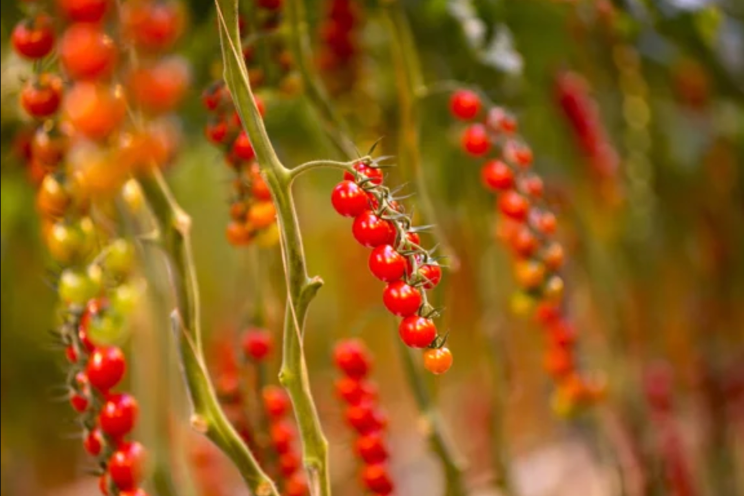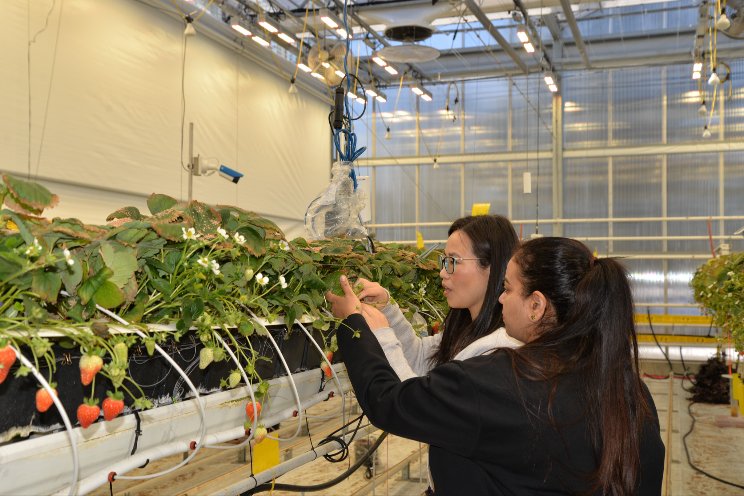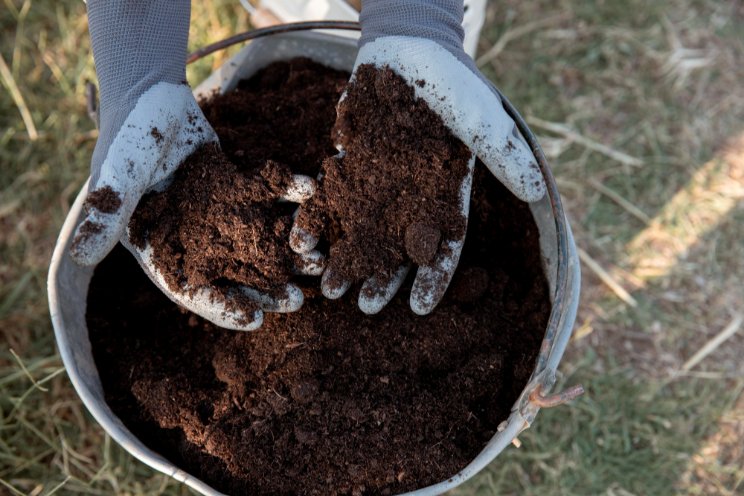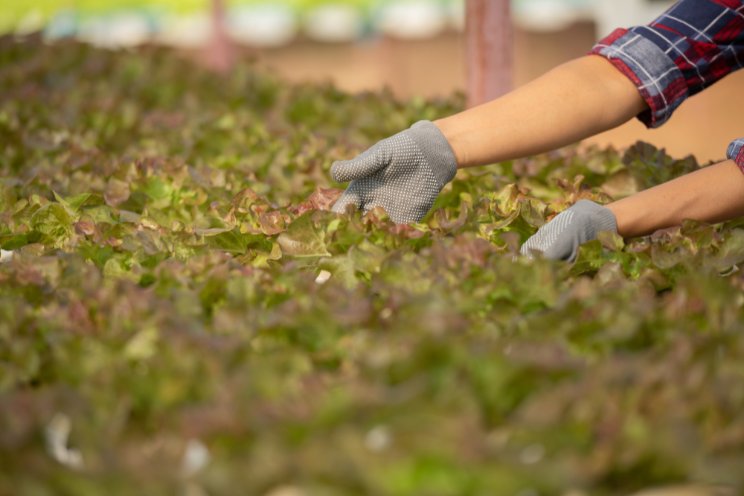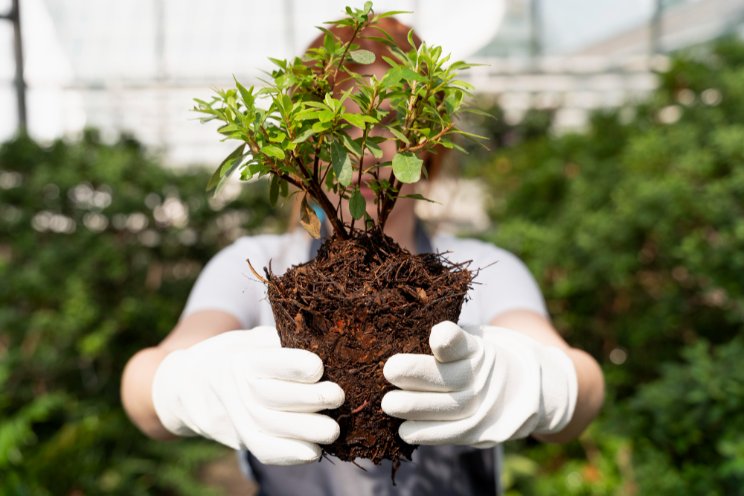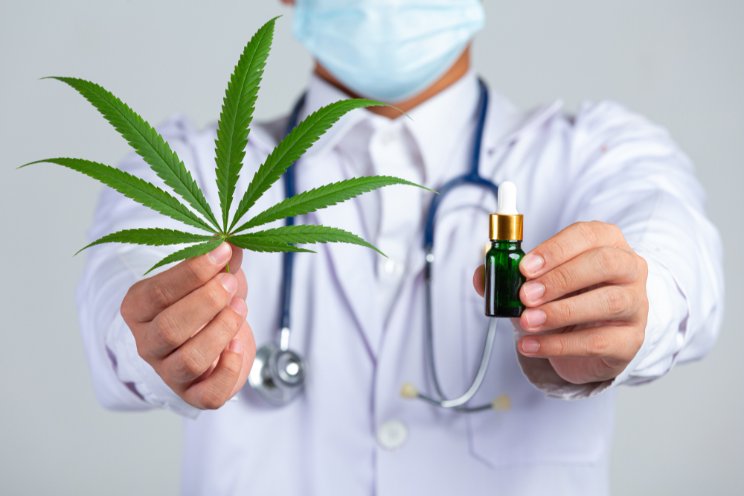Maintaining the global access to fertilizers is essential
Added on 16 April 2020

This means that current shortages in essential inputs, such as fertilizers, will have measurable consequences on planting, crop development and the harvest later this year. They will also impact farmers' income and hence their ability to invest in inputs for the subsequent planting and harvest season(s). Governments, in cooperation with the fertilizer value chain and farmers, need to ensure that the current health crisis does not lead to a food crisis, by maintaining the adequate access to and affordability of fertilizer and other essential inputs. This can only be achieved by prioritizing farm inputs as well as categorizing supply chain services as essential and indispensable. Indispensable logistics include all activities that enable the flow of agriculture inputs, such as transportation, warehousing, procurement, packaging, inventory management and distribution and retail services as well as all necessary quality controls.
It is further noteworthy, that the insufficient quantity of a single essential plant nutrient affects plant growth and thus the yield, as well as soil health. In vulnerable regions, such as Sub-Saharan Africa where soils are already depleted and desertification is a constant threat, the additional reduced access to fertilizers risks to further damage the soils and worsen the already fragile economic situation of farmers.
Climate change related impacts, that will undoubtably continue to affect farmers worldwide, will aggravate this problem. Assuring that farmers continue to have the relevant and necessary means to adapt to future weather impacts is of utmost importance. To that end, fertilizers play a critical role: Responsible plant nutrition enhances soil health, strengthens tolerance of plants to stresses, and supports enhanced water use efficiency.
Plant health and food quality depend on a well-balanced and adapted plant nutrition, which, in turn, benefits humans and animals when consumed.
As a matter of fact, in this current crisis it is even more imperative not only to remind of fertilizer's important role for food security (producing enough calories), but also to stress their benefits for human health by helping provide all the essential nutrients that the human body requires: While it is widely accepted that, without fertilizers, the current global agricultural output would be halved, scientific evidence also demonstrates that plant nutrient management can increase the health-promoting components of plant-based food and feed. As plants are the primary source of nutrients for humans and animals, there is a direct and indirect link between mineral macro-and micronutrient application to plants and animal and human nutrition: Human nutrition is not only dependent on crop production, but also on the nutrient density and quality of the plants consumed directly (or indirectly through animals). In this sense, fertilizers do not only contribute to the supply of calories, but are also essential nutrients for human health (see text box below):
Bearing this in mind, governments and local authorities are called upon to
- Include fertilizers and other key farm inputs on the list of essential goods for food security and nutrition.
- Create actively local conditions to keep global supply and trade open, by eliminating any trade restrictive measures (even it if it is just on a temporary basis), by putting into place more flexibility to overcome faster and more effectively barriers to trade, reduced workforce and delays in ports and customs.
- Create an enabling environment to help the fertilizer value chain play its critical role of delivering fertilizers to farmers.
- Work closely with the fertilizer value chain to address swiftly any unforeseen issues and develop solutions and partnerships to unlock the situation.
- Listen to its farmers, cooperatives and food producers to understand where major problems occur and set up "emergency government response services".
- Facilitate financing and access to affordable credits by actors along the fertilizer value chain and farmers.
Fertilizers are not only food for crops, but support indirectly human dietary requirements:
Nitrogen (N) is a key component of proteins; plants provide on average 30% of protein intake to human diets.
Phosphorus (P) is needed by crops, animals and humans for their enzyme and energy production and transport.
Potassium (K) applications increase the K content in all organs of plants, including its edible parts, and contribute ultimately to make fruits and vegetables an essential K source for our diets. K has a positive impact on blood pressure.
Magnesium (Mg) is distributed throughout plants, including the grain, subsequently, it is present in vegetables, grains and nuts consumed in human diets. Mg supports our muscles and nerve functions.
In addition, micronutrients, such as zinc (Zn) or iron (Fe), are essential for human health by supporting physical and cognitive development. They also strengthen our immune system, thus help improve our natural resilience to viruses. Zinc, for example, is known to support antiviral immunity.
Governments have to assure that the COVID crisis does not aggravate deficiencies in these and other nutrients by preventing the necessary fertilizer applications.
Source: Int'l Fertilizer Association
Source: Int'l Fertilizer Association
More news
